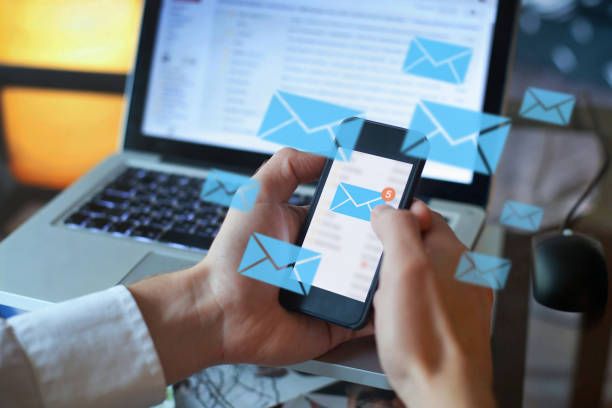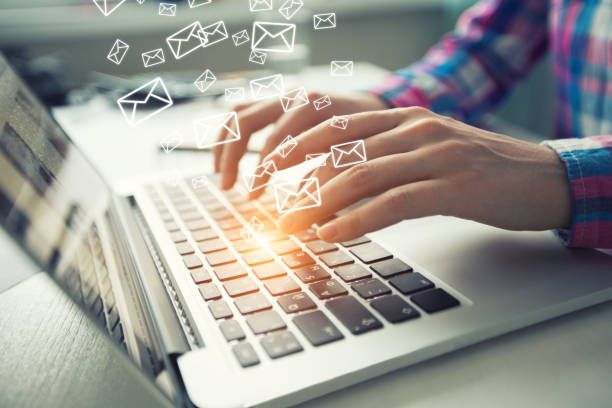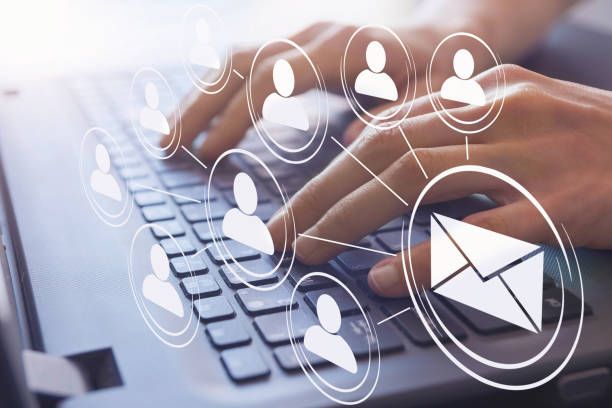Emails have become an integral part of our personal and professional lives, serving as a primary mode of communication. However, with the constant influx of emails, it can be overwhelming to manage and keep track of them all. In this expert guide, we will delve into the techniques and strategies for checking emails effectively. Whether you are a busy professional or an individual looking to streamline your email management, this guide will empower you to become an expert in checking emails and ensure that no important messages slip through the cracks.
The Importance of Checking Emails Regularly

Checking emails regularly is essential to stay updated, respond promptly, and maintain effective communication. Here are a few key reasons why checking emails should be a priority:
a. Timely Responses: Checking emails regularly allows you to respond promptly to important messages, demonstrating professionalism and efficiency in your communication.
b. Opportunities and Deadlines: Important opportunities or time-sensitive deadlines often come through emails. By checking your emails regularly, you can seize opportunities and meet critical deadlines without delay.
c. Organization and Prioritization: Regularly checking your emails enables you to organize and prioritize your tasks effectively. By staying on top of your inbox, you can categorize emails, flag important ones, and create a system for efficient email management.

How to Check Emails Effectively

Follow these step-by-step instructions to streamline your email checking process:
Set Aside Dedicated Time: Allocate specific time slots in your daily schedule to check and manage your emails. This dedicated time allows you to focus solely on your inbox without distractions.
Clear the Clutter: Start by deleting any unnecessary or spam emails to declutter your inbox. Unsubscribe from mailing lists that no longer serve your interests.
Scan and Prioritize: Quickly scan through your emails to identify urgent or important messages. Prioritize them based on their significance and the action required.
Respond and Take Action: Respond to emails that require immediate attention or take necessary action. If an email requires a more detailed response or additional research, flag it for follow-up.
Archive and Organize: Once you have addressed each email, archive or file them into relevant folders. This helps keep your inbox tidy and allows for easy retrieval of important messages later.

Useful Tips for Efficient Email Checking

a. Use Email Filters and Rules: Email clients often provide filtering and rule-setting features that allow you to automatically categorize and sort incoming messages. Utilize these features to streamline your inbox and prioritize emails.
b. Create Folders or Labels: Create folders or labels in your email client to categorize emails based on projects, clients, or topics. This organizational approach helps you locate specific emails quickly and efficiently.
c. Utilize Email Notifications Wisely: Configure email notifications on your devices to receive alerts for important emails. However, be cautious not to let notifications become a constant source of distraction. Adjust your settings to limit notifications to high-priority emails.
d. Take Advantage of Keyboard Shortcuts: Familiarize yourself with keyboard shortcuts offered by your email client. These shortcuts can significantly speed up your email checking process and boost your overall productivity.
Frequently Asked Questions (FAQs):
Q1. How often should I check my emails?
A1. The frequency of email checking depends on your personal or professional needs. However, checking your emails at least once or twice a day is generally recommended to stay on top of important messages.
Q2. Should I respond to every email immediately?
A2. It's not necessary to respond to every email immediately. Prioritize emails based on their urgency and importance. However, strive to respond to critical messages promptly to maintain effective communication.
Q3. How can I reduce the number of unnecessary emails in my inbox?
A3. To reduce unnecessary emails, unsubscribe from mailing lists that no longer interest you. Set up filters or rules to automatically redirect emails to specific folders or labels. Mark spam emails as spam to prevent them from cluttering your inbox.
Q4. What should I do if I receive a high volume of emails?
A4. If you receive a high volume of emails, consider implementing email management strategies such as creating subfolders, utilizing automated filters, and delegating email tasks to specific team members or assistants.
Conclusion
Mastering the art of checking emails is crucial for effective communication and efficient email management. By following the step-by-step guide, implementing useful tips, and understanding the importance of regular email checking, you can become an expert in managing your inbox. Remember to prioritize important messages, respond promptly when necessary, and utilize email management features provided by your email client. With these skills, you can stay organized, boost productivity, and ensure that you never miss out on crucial information. Take control of your email communication and become a proficient email checker today.

